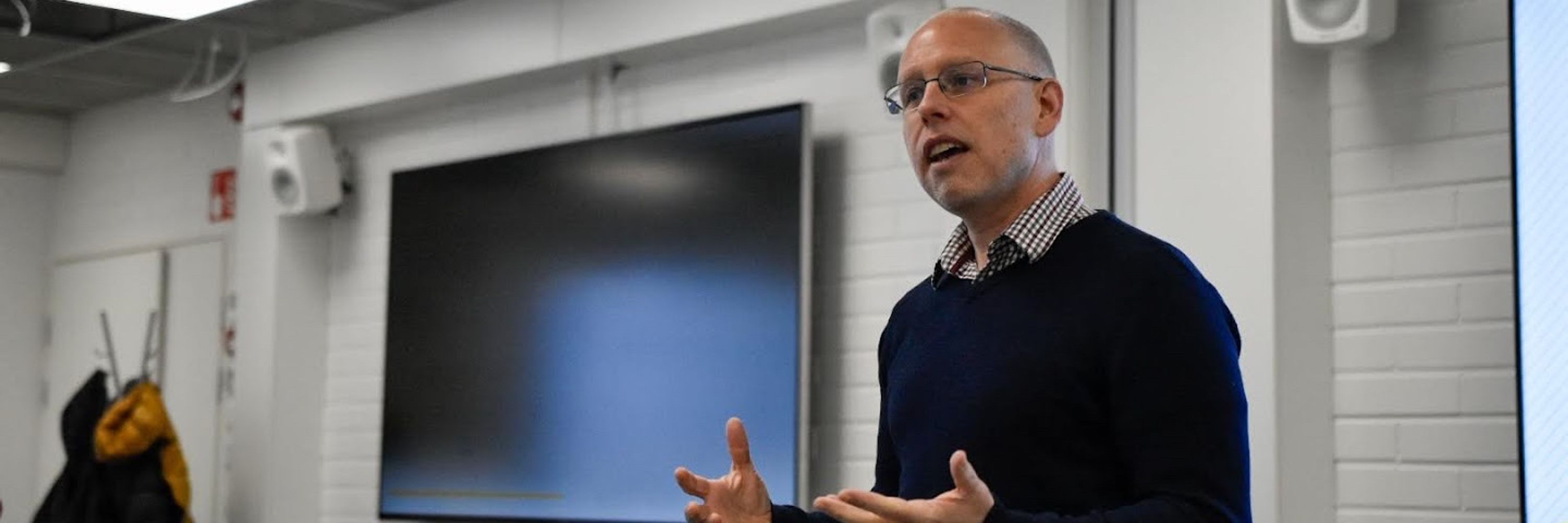Jeff Greene
@jeffgreene.bsky.social
3.6K followers
2K following
1.9K posts
Prof of Ed Psych and Learning Sciences | Making Tech Work For Us, Again | APA & AERA Fellow | Self-regulated learning, epistemic cognition, digital literacy | Journal and Handbook Editor | Book Author | Views are my own. https://linktr.ee/jeffgreene
Posts
Media
Videos
Starter Packs
Reposted by Jeff Greene
Reposted by Jeff Greene
Reposted by Jeff Greene




















